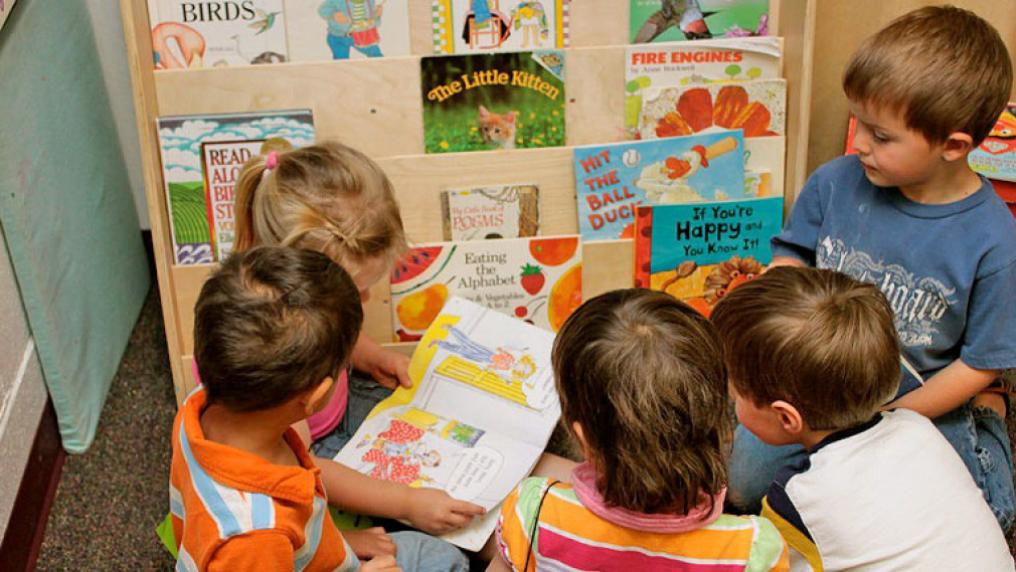Quality early education for all

There is a mismatch between investment and opportunity in early childhood policy in Australia.
The early years are a critical window for building foundations that enable all children to become creative, entrepreneurial, resilient and capable learners. Yet current policy settings are not meeting the needs of the children who stand to benefit most.
Quality early education is one of the most significant investments in education and productivity that governments make. It has positive impacts on all children and is a key strategy for overcoming the impact of early disadvantage on educational outcomes and life chances.
However, in Australia, there remains an unacceptable divide in both opportunity and outcome between the poorest and wealthiest communities, between cities and very remote towns, and between children from different cultural backgrounds.
Australia does not yet provide all Australian children with high-quality early education.
A third of Australian children do not attend preschool for the number of hours needed to make a difference and children in poorer communities have fewer high-quality services available to them.
More than one-in-five children start school with vulnerabilities that can make it hard for them to take up the opportunities that schooling provides. This has long-term consequences for the future productivity and prosperity of the nation. We need to act urgently.
Australia does not have a coherent or equitable policy framework and service delivery platform for children and their families in the early years. The system is complex, fragmented, and unequal access to effective services further entrenches health, social and economic inequalities.
Responsibility for funding and delivery of early education is spread across all levels of government and there is a lack of robust data to measure impact and target investment decisions.
Advances in boosting participation in early education have been made but the pace of change is too slow.
Current policy settings are still not extending educational opportunity equally to all children. This means we are missing out on chances to maximise the potential of all children to thrive, participate in and contribute to our society.
The growing gap between the most advantaged and least advantaged children, in both learning and wellbeing, creates significant challenges for an education system already struggling to reduce the gap in achievement. High-quality, developmentally-appropriate early education in the two years prior to school must be a core component of national investment to secure the health, wellbeing and education of our children and to secure positive futures for them and for the country.
We aim to inform priorities for action for the next five years to ensure that all Australian children can benefit from a quality early education.
High-quality, developmentally appropriate early education in the two years prior to school must be a core component of the platforms our nation invests in to secure the health, wellbeing and education of our children, to secure positive futures for them and for the country.



